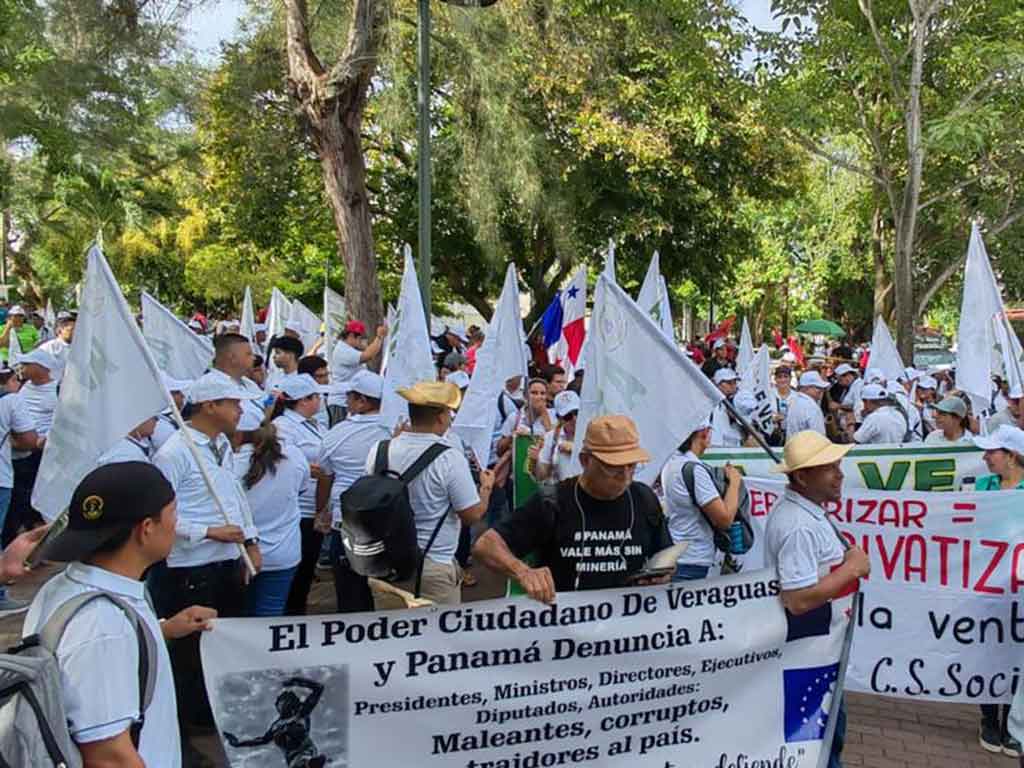The pressure measure, it points out, rejects the purpose of this initiative promoted by the Government to privatize the entity through the system of individual accounts and not the solidarity system as requested by the popular movements, in addition to the fact that it facilitates the delivery of resources to banks and private companies.
They also oppose the proposal to increase the retirement age from 57 to 60 for women and from 62 to 65 for men, although this was rejected during the first debate of the Labor and Health Commission, chaired by Congressman Alain Cedeño.
On the eve, the legislative plenary decreed a recess until next Thursday when the carnival season ends, and left on the table the suggestion to establish a tripartite commission to analyze an adjustment in the retirement age.
The proposal is contemplated in the almost 300 modifications that were presented to bill 163, which reforms the organic law of the SSF, in second debate.
The tripartite commission (workers, employers and government) would be established in the sixth year after the entry into force of the new organic law of the SSF, according to the proposal, which has the support of all the political parties.
It also establishes that the SSF will include in its budget the economic resources for the contracting of three entities that will carry out the actuarial studies that will analyze the need to modify or maintain the retirement age.
In turn, the President of the Republic, Jose Raul Mulino, has threatened to veto the law if he considers that it does not adjust to the needs of the country, while the director of the SSF, Dino Mon, and the Health Minister, Fernando Boyd, and the Minister of Economy, Felipe Chapman, insist on the need to increase the retirement age.
ef/abo/mem/ga









